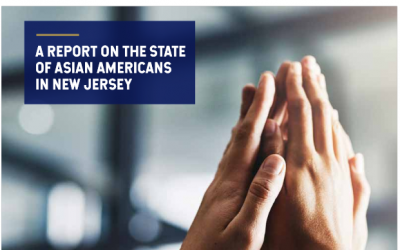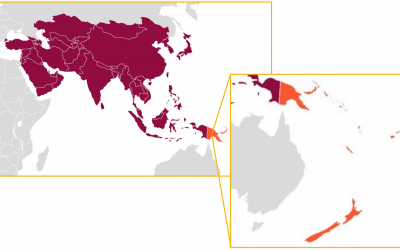The 2020 Census has gotten underway, and by April 1 – Census Day – all households will have received an invitation to participate in the census. It is vital that survivors of domestic violence, including immigrant survivors and survivors from the Asian American, Native Hawaiian, and Pacific Islander (AANHPI) population, have the opportunity to respond to the census, as the information they provide will influence funding and planning for programs, services, and policies that support survivors and the immigrant and AANHPI communities, as well as political representation in Congress.
However, survivors of domestic violence, especially immigrant and AANHPI survivors, have unique concerns and barriers that can deter them from participating in the census.


